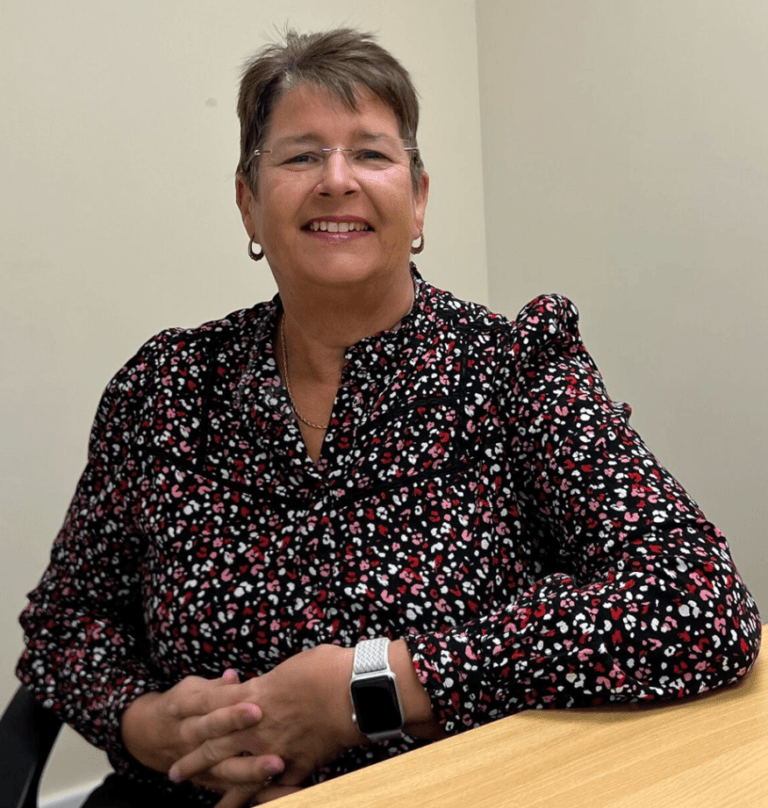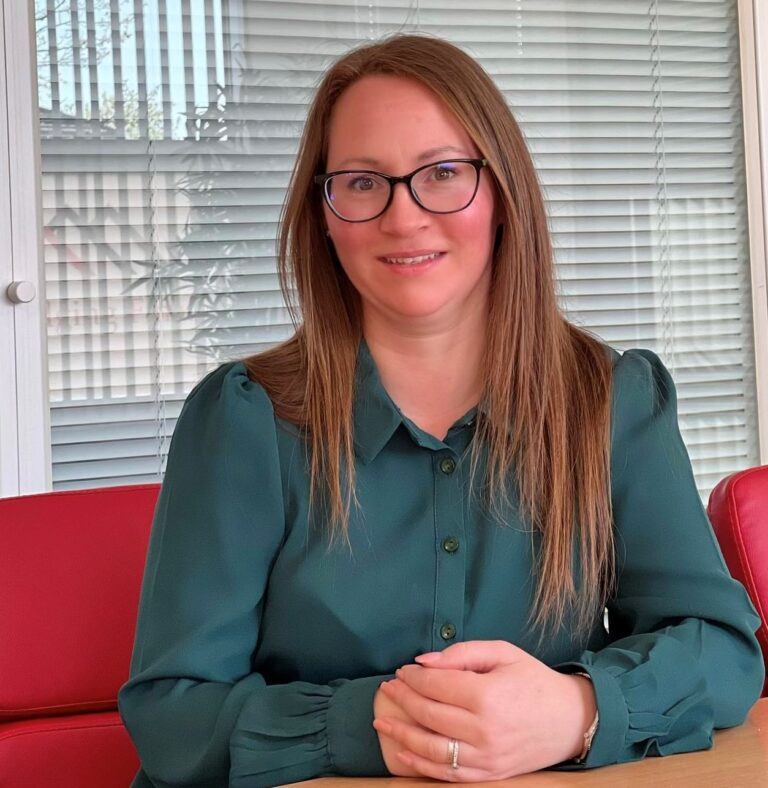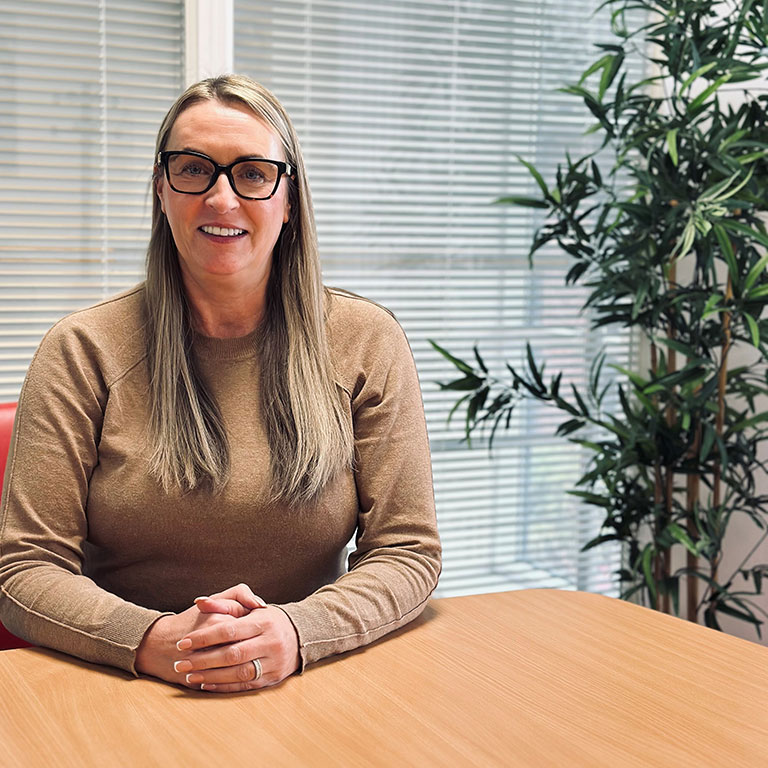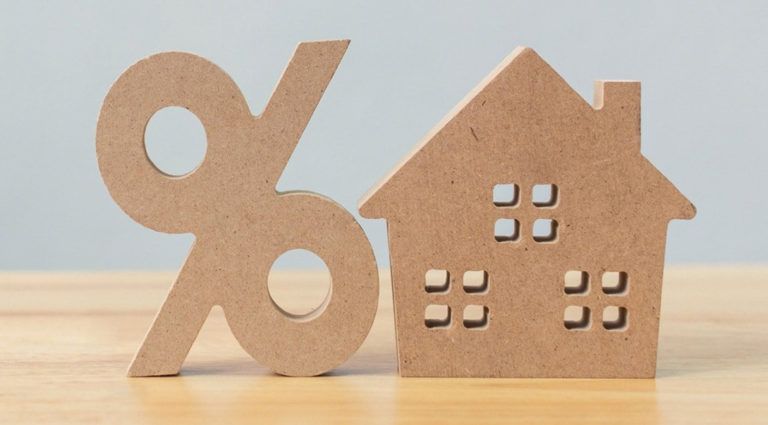First-Time Buyer Mortgage Deals & Rates
Speak to an Expert Advisor
or
Why Choose Us
Why Choose Ascot Mortgages
What Our Clients Say About Us
Excellent service regular communication. Reassuring staff that help every step of the way and are extremely patient and supportive. I have used them twice and will continue to do so. Natalia and James thank you for all your work.
From supporting me with putting an offer on a house to explaining mortgage rates, income protection, and so much more, Courtney has been exceptional every step of the way. The ability to WhatsApp her with questions and receive timely updates has made the entire process seamless and stress-free.
I’ve already recommended Courtney and Ascot Mortgages to friends, and I wouldn’t hesitate to use her again in the future. If you’re looking for a knowledgeable, supportive, and dedicated mortgage advisor, I highly recommend her!
Recently I’ve been working a lot with Natalia Barry and Matthew Bradburn, who have both been outstanding. Whenever I have a question, they always have the answer immediately or will find it very quickly.
For anyone in search of a friendly, reliable service, Ascot Mortgages are definitely right for you.
Couldn’t thank them both enough for securing my mortgage on what was such a complex case and will 100% be using them in the future.
didn’t expect getting a mortgage and buying a house would be so easy, Tracey and Richard are extremely professional
made the entire process so easy
Deserve more than 5 stars !!!!!!! Alison should be proud 🙏🏼
If you want a clear, down to earth and friendly service, you should give Alison and her team the chance to help you. You won't be dissapointed.
Highly recommended!!
We highly recommend Natalia for mortgage advise
Not only did Natalia navigate the intricacies of the mortgage market with finesse, but they went above and beyond by suggesting other high-quality services, including solicitors and insurance providers. This comprehensive approach is making the entire home-buying journey seamless and stress-free.
Natalia took the time to understand our unique needs and financial situation, ensuring that the options presented were tailored perfectly.
Communication is prompt and clear throughout, leaving us feeling informed and confident at every stage. Natalia had our best interests at heart, going the extra mile to secure a fantastic mortgage deal.
We cannot recommend Ascot Mortgages and Natalia highly enough. If you're in need of mortgage assistance, look no further. With their expertise and dedication to client satisfaction, you're in the best hands possible. A huge thank you to Natalia for making our home-buying experience a dream come true!
In both cases we were treated with the utmost respect and professionalism.
In the case of the life insurance application, we considered ourselves to be problem customers because of our age and numerous health issues.
Richard Johnson, who managed this application couldn't have been more helpful.
He worked in our best interest and was dedicated to providing an excellent service.
We were kept up to date through all of the stages of the application and when our doctors were very slow in producing medical reports for the insurance company he persisted where others might have given up.
The service we had from Richard was pleasant and professional throughout some difficult stages.
My wife and I have no hesitation in recommending Ascot Mortgages.
Highly recommended for those who want to get the stuff done without any delays!
They were consistently communicative, keeping us informed at every step. Their assistance in consolidating our protection cover was invaluable, simplifying what could have been a complex process.
What set them apart was their personal touch – always polite and ready to pick up the phone for a chat. This level of personal engagement is rare and much appreciated.
In short, Natalia and Jason are not just skilled professionals but also truly dedicated to their clients. We highly recommend their services to anyone in need of mortgage advice.
First Time Buyer Mortgages
Buying a home is an exciting journey, and securing the right mortgage can make the path smoother. For first-time buyers, this process can be overwhelming, but there are numerous first-time buyer mortgage deals designed to ease the financial burden. Whether it’s navigating interest rates, understanding various mortgage schemes, or determining your ability to borrow, this comprehensive guide offers insights to support you at every step of your home buying journey.
Buying a home is an exciting journey, and securing the right mortgage can make the path smoother. For first-time buyers, this process can be overwhelming, but there are numerous mortgage deals designed to ease the financial burden.
Whether it’s navigating interest rates, understanding various mortgage schemes, or determining your ability to borrow, this comprehensive guide offers insights to support you at every step of your home buying journey.
Who Qualifies as a First-Time Buyer?
Anyone who is buying their first property can apply for a first-time buyer mortgage. Lenders will typically examine your credit history, financial stability, and overall affordability to assess if you qualify for their products.
Check Your Credit Score
Before applying for a first-time buyer mortgage, it’s essential to review your credit score to ensure there are no discrepancies. A strong credit rating will influence the interest rate and mortgage deal you’re offered.
Our past management of bills and any existing debts is assessed and converted into a points-based system. Depending on which Credit Reference Agency (CRA) you deal with, the credit score paradigm will differ.
- To succeed with Experian in the UK, you have to gain at least 721 points for a fair outcome and 881 and 961 points for good and excellent results consequently.
- TransUnion’s system of evaluation differs — at least 566, 604, and 628 points for the same productivity.
- Equifax estimates people as owners of fair credit scores with at least 380 points. For good and excellent marks, you have to be graded with no less than 420 and 466 points for the appropriate category.
To improve your credit score before applying for a first-time buyer mortgage, you should make sure you pay bills on a timely basis, opt for open banking data for its expected dominance in terms of executive time and strategic plans efficacy, and end your current credit to avoid multiple applications. This will help prove that you are enabled to effectively manage your finances.
Mortgage Repayment Calculator
Save up a Cash Deposit
The majority of lenders in the market demand at least a 10% down payment to get started. This is one of the largest obstacles for first-time buyers. Here are some recommendations to climb the housing ladder in a more productive manner:
- Work with savings accounts and rates in more detail. For instance, you can register a Lifetime ISA account to make contributions during a tax year (up to £4,000) and obtain a governmental incentive of up to £1,000 annually (a 25% bonus).
- Track the industry for new offers and first-time buyer mortgage deals. Given increased interest rates, modern brokers provide more special deals and agreement conditions to entice customers. Aside from non-profit offers, keep an eye on the schemes backed up by the government.
Embarking on Your First Mortgage Journey
What Our Expert Says...
Stepping onto the property ladder with a first-time mortgage is a monumental milestone. While it’s an exciting chapter, it can also be daunting with the many choices and considerations. As a novice, understanding your borrowing capacity, the range of available products, and the intricacies of interest rates is vital. It’s crucial to budget not just for the property but also for associated fees and potential rate changes in the future. My advice? Dive deep into research, take an holistic view of your finances, and never shy away from seeking professional guidance. A solid foundation now ensures a smoother journey ahead.
Today's best buy mortgages
Latest mortgage best buys
Based on a mortgage of £300,000 at 75% LTV and 25 years
| Speak with Us | Interest Rate | Mortgage Type | Monthly Repayment Amount | Total Fees | Max LTV |
|---|---|---|---|---|---|
 | 4.14% | Fixed | £1,219 | £30 | 75% |
 | 4.18% | Fixed | £1,216 | £1,025 | 75% |
 | 4.18% | Fixed | £1,215 | £999 | 75% |
 | 4.20% | Fixed | £1,220 | £1,403 | 75% |
Talk to a Mortgage Broker to Get an Estimate
A mortgage broker can help you understand your options and find a first-time buyer mortgage rate that suits your needs. They can compare various lenders and offers, allowing you to make an informed decision. Contact the team at Ascot Mortgages to find out more about how we can help you.
First-Time Buyer’s Deposit
As a first-time buyer, your deposit is how much money you initially pay towards the cost of your new home. This is usually a percentage of the property’s purchase price. The bigger your deposit is, the better you can expect your mortgage terms to be. Typically, a first-time buyer’s deposit is at least 5% to 10% of the property value.
Saving up for a deposit can take time, but the bigger your deposit is, the smaller your mortgage loan and monthly payments will be.
Which Type of First-Time Buyer Mortgage is Best for Me?
When it comes to finding the best mortgage deals for first-time buyers, it all depends on your individual financial situation, the property value, and your long-term plans. Speaking to a financial advisor can help tailor the right product for you.
Visit our FAQ page for more information about mortgages.
How Much Can I Borrow as a First-Time Buyer?
The amount you can borrow as a first-time buyer depends on several factors, including your income, outgoings, credit rating, and the lender’s criteria.
Generally, lenders might offer loans up to 4 to 5 times your annual salary, however this can vary. The lender will also assess your affordability based on how much you can comfortably repay on a monthly basis.
In addition to this, how much money you have as a deposit will significantly impact how much you’re able to borrow.
Types of First-Time Buyer Mortgages
Choosing the right mortgage is a crucial step for first-time homebuyers. With so many different types of mortgages available, understanding the different types of mortgages can help you make informed financial decisions and secure the most suitable loan for your individual needs.
From fixed-rate to tracker mortgages, each type comes with its own benefits and considerations. In this section, we explore the most common types of first-time buyer mortgages, highlighting how they work, who they’re best suited for, and what factors to weigh when deciding which option suits you the best.
Fixed-Rate Mortgages
A fixed-rate mortgage is a type of agreement where the interest rate stays the same for the duration of the loan. This means that you can expect your repayments to remain consistent.
Usually, fixed-rate mortgages are offered in 15, 20 and 30-year terms.
Fixed-rate is a popular mortgage choice for a first-time buyer as they offer stability and predictability. They’re ideal for those who want manageable monthly payments and plan to stay in their home long-term.
Because the rate doesn’t change, homeowners are protected from interest rate increases in the market. However, it’s important to note that rates for fixed-rate mortgages tend to be higher than those of variable rate mortgages.
When a fixed-rate mortgage comes to an end, you can choose to automatically switch to the lender’s SVR, or you can remortgage.
Tracker Mortgages
A tracker mortgage follows the Bank of England base rate. This means that the interest will rise and fall for a certain length of time. This is usually two or five years. Once this period is over, the mortgage will then revert to the lender’s standard variable rate (SVR).
If the base rate drops, then your monthly mortgage payments will lower too, giving you the opportunity to overpay. However, if the base rate increases, your repayments will also increase.
This could be one of the best mortgages for first-time buyers due to the fact that rates are low, but it’s important to be aware of the potential rate increases too.
Discounted Mortgages
A discounted mortgage offers a discount on the lender’s SVR, which is fixed for a set period of time – usually between two and five years. This type of mortgage enables borrowers to pay a lower interest rate, making repayments more affordable.
Since the rate of a discounted mortgage is linked to the lender’s SVR, there is the chance for your monthly repayments to change if the SVR changes. What’s more, when the discount period is over, it will return to the full SVR.
For first-time buyers, this type of mortgage is an attractive option as it offers lower initial repayments. However, it’s important to remember that costs could increase at a later date.
SVR Mortgages
A SVR mortgage is where the interest rate is set by the lender and can change at any time – this is usually in response to market conditions or the Bank of England base rate. SVRs are often higher than initial fixed or tracker rates, and lenders have the flexibility to adjust them as they see fit.
While SVR mortgages offer more flexibility, they come with less predictability compared to fixed-rate mortgages, meaning monthly payments can rise unexpectedly. This type of mortgage is typically used when a fixed-rate or tracker deal ends.
Offset Mortgage
An offset mortgage means that your current account and savings are kept in an account that is separate from our mortgage. When it comes to calculating interest, this is done by ‘offsetting’ these balances against your mortgage.
Any money you have in savings isn’t used to pay off the mortgage. Instead, it is used to bring down the total interest you’re charged on a monthly basis. The lender then ‘takes away’ the amount in your savings account from the amount you owe for your mortgage. You’ll then pay interest on what is left.
Compare your options as a first-time mortgage buyer
It’s crucial to compare various mortgages for first-time buyers, interest rates, and lenders to find the perfect fit for your needs. Utilising a mortgage calculator, speaking with Ascot Mortgages broker, and seeking professional financial advice can all help in making an informed decision. Remember, the right mortgage for you will align with your financial stability, house value, and long-term goals.
Apply for a Mortgage
Get things moving, apply for a mortgage.
Free unbiased mortgage advice is just a phone call away.
FAQs
A guarantor mortgage is a type of mortgage that involves a third party, usually a family member or close relative, guaranteeing the mortgage repayments on behalf of the borrower. This arrangement is more commonly now known as joint borrower sole proprietor as the guarantor essentially is included as part of the mortgage application but not included on the title deeds to the property.
Shared ownership is a form of home ownership that enables buyers to purchase a share in the property and pay rent on the remaining amount. The buyer usually pays an initial deposit, which is between 5% to 10% of the price of the share being purchased, and then pays a reduced rent on the remaining portion owned by a housing association or other organisation.
A joint mortgage is a type of mortgage that two or more individuals take out together to purchase a property. It allows multiple borrowers to combine their incomes and share the responsibility of repaying the mortgage loan.
The loan-to-value ratio (LTV) is a financial term that represents the ratio between the loan amount and the appraised value or purchase price of an asset, typically a property. It is commonly used by lenders to assess the risk associated with a loan.
Repayment and interest-only mortgages are two different types of mortgage repayment structures.
Here’s an explanation of each:
- Repayment Mortgage: A repayment mortgage, also known as a capital and interest mortgage, is a type of mortgage where your monthly payments cover both the interest on the loan and the repayment of the principal amount borrowed. Over the term of the mortgage, typically 25 to 30 years, your monthly payments gradually reduce the outstanding balance. At the end of the term, assuming all payments have been made, the mortgage is fully repaid, and you own the property outright.
- Interest-Only Mortgage: An interest-only mortgage is a type of mortgage where your monthly payments only cover the interest charges on the loan. Unlike a repayment mortgage, you do not make any principal repayments during the term of the mortgage. As a result, the outstanding balance of the loan remains the same throughout the mortgage term. Therefore your monthly payments are less. However, lenders may restrict the maximum loan to value on an interest only basis – generally between 50% to 75%.
With an interest-only mortgage, you are required to have a separate plan or investment vehicle in place to repay the principal amount at the end of the mortgage term for residential mortgages. This could involve savings, investments, or other arrangements that aim to accumulate sufficient funds to pay off the loan. It’s crucial to ensure that the repayment plan is robust and will be able to cover the loan amount. For Buy to Let mortgages lenders will typically accept sale of the security property as the investment vehicle.
You may want to consider a longer-term mortgage if:
- You prefer lower monthly payments to manage your budget.
- Affordability is a priority, allowing you to allocate funds to other financial goals.
- You plan to sell or refinance in the near future.
You might want to opt for a shorter-term mortgage if:
- Minimising total interest payments is important.
- Building equity quickly is a priority.
- You plan to stay in the property for an extended period.
- Ultimately, the decision should align with your financial circumstances and goals.
Consulting a mortgage advisor can provide personalised guidance.
Yes, it is possible to get a buy-to-let mortgage as a first-time buyer, but it can be more challenging. As a first-time buyer lenders may view you as a higher risk and will also base their lending decision on both rental income and your own personal affordability. However, if you have a good credit score, a stable income, and a solid business plan for your rental property, you may be able to secure a buy-to-let mortgage. It’s important to shop around and compare different lenders to find the best deal for your individual circumstances which is why contacting a mortgage broker for the right advice is a good solution.
Yes, you can get a first-time buyer mortgage if you’re self-employed but most lenders would require a two year minimum trading history. However, additional requirements may apply. You’ll need to provide evidence of income, such as business accounts and tax returns. Lenders may request an accountant’s certificate and consider your trading history. A larger deposit may be required. Specialist lenders may cater specifically to self-employed borrowers. It’s best to consult with a mortgage advisor or lenders directly for personalised guidance.
Apply for a first-time buyer mortgage when you have prepared your finances, saved for a deposit, and are ready to commit to homeownership. Consider obtaining a Decision in Principle before house hunting. Consult with a mortgage advisor for personalised guidance.
When budgeting for homeownership, consider the following costs:
- Deposit: Set aside funds for the down payment on the property.
- Stamp Duty or LBTT: Pay the property tax based on the purchase price.
- Solicitor or Conveyancer Fees: Budget for legal services.
- Valuation and Survey Costs: Account for property valuation and survey expenses.
- Mortgage Fees: Consider arrangement or booking fees associated with the mortgage.
- Home Insurance: Plan for building and contents insurance.
- Moving Costs: Budget for expenses related to moving your belongings.
- Ongoing Costs: Include mortgage repayments, council tax, utilities, maintenance, and service charges.
Ensure you research and estimate these costs to create an accurate budget. Our advisors are always available to assist you in finding the most suitable mortgage for first-time buyers based on your unique situation.
Meet Our Team







More On Buying Your First Home
Video
In search of your first home? Look no further than Ascot Mortgages, your premier destination for first-time buyers. Our specialists are experts in guiding novices through the property market, providing access to an extensive array of mortgage options tailored to individual needs. Get in touch with Ascot Mortgages today to discuss your first-time buyer requirements, and set forth on the thrilling adventure towards homeownership.
Contact Us
Legal
Ascot Mortgages authorised and regulated by the Financial Conduct Authority and can be found on the FCA register (www.fca.org.uk) under reference 776062. The FCA do not regulate some forms of mortgages. The guidance and advice contained in this website is subject to UK regulatory regime and is therefore restricted to consumers based in the UK. There may be a fee for mortgage advice. The precise amount will depend upon your circumstances but we estimate it will be £599 per mortgage account. Ascot Mortgages Ltd give you the option to pay a non-refundable fee of £1299 payable with the application. If this option is taken, Ascot Mortgages Ltd will refund any procuration fee received by the lender.
Ascot Mortgages Limited is registered in England and Wales and have their registered office at 8 Webster Court, Westbrook, Warrington, WA5 8WD. The company’s registration number is 06764971.
We are a credit broker, not a lender. We work with the whole of the lending market. Typically; we will receive commission that will vary depending on the lender, product, or other permissible factors. The nature any commissions model will be confirmed to you before you proceed.
ICO Registration number is Z1842187
YOUR PROPERTY MAY BE REPOSSESSED IF YOU DO NOT KEEP UP REPAYMENTS ON A MORTGAGE OR ANY DEBT SECURED ON ITtypically; we will receive commission
©2025 AscotMortgages.co.uk – All Rights Reserved









